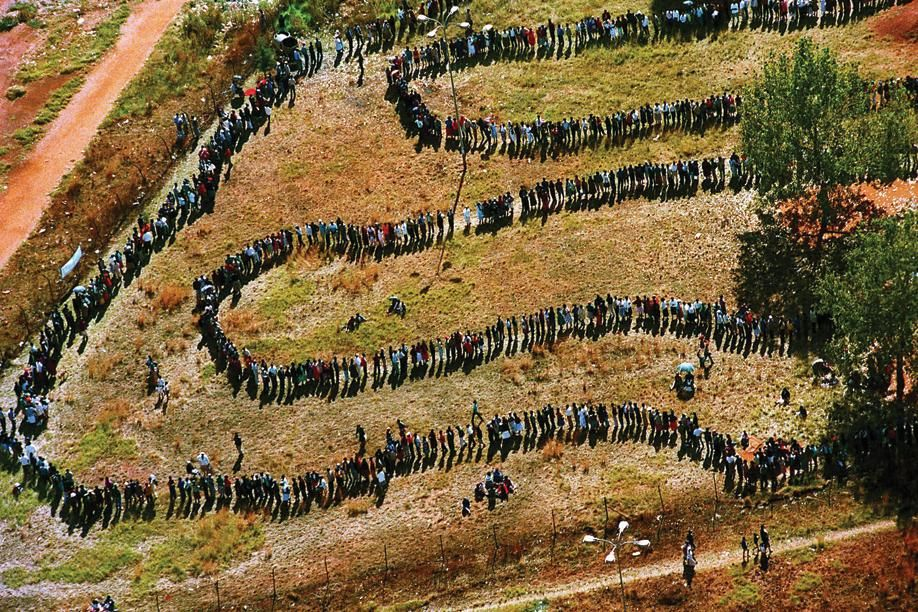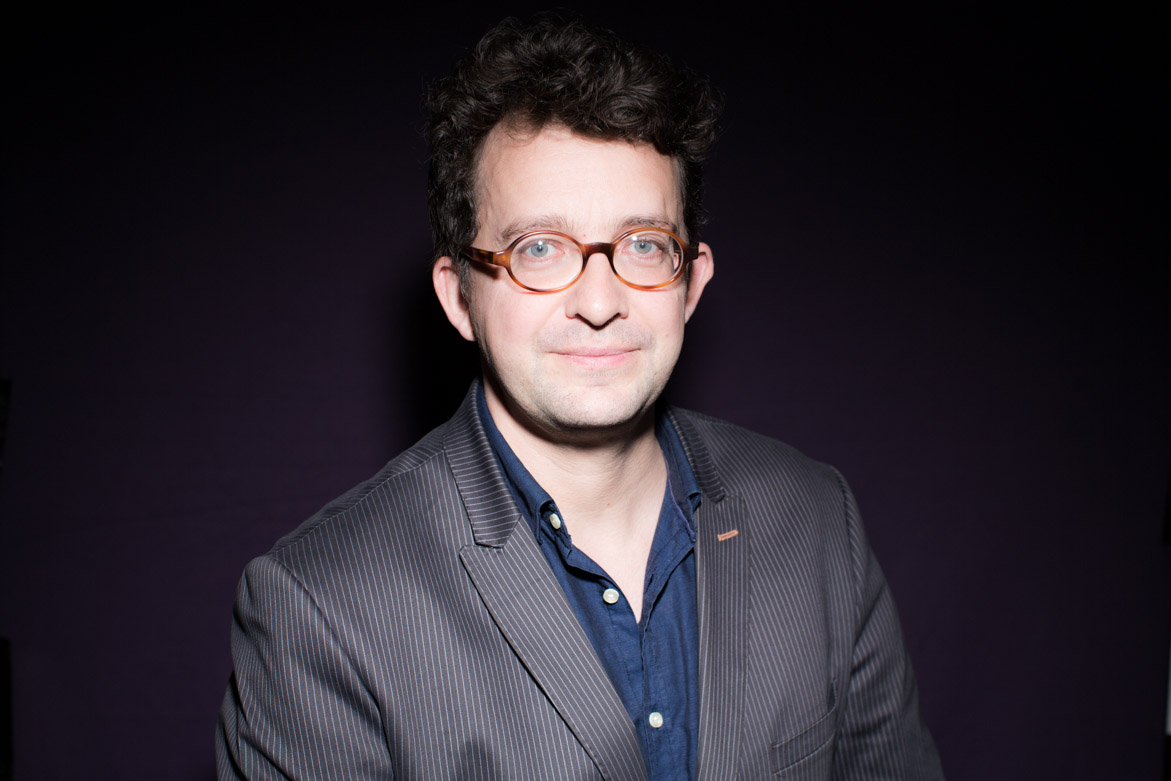
Practical information

Around
Nicholas Cheeseman
Researcher at the Center for African Studies at Oxford
Mathieu Merino
Researcher CEAN-CREPAO, Policy Officer for Electoral Observation Mission
Gilles Yabi
Director of the International Crisis Group office in Dakar
Presidency
Alain Antil and Vincent Darracq
Responsible for the African Programme at Ifri / Invited Researcher at Ifri (TAPIR Programme)
The dynamics noticed in Africa in the early 90’s had led some observers to announce a "wave of democratisation" on the continent that would lead to the introduction of political pluralism and the organisation of competitive elections. Nearly 20 years later, elections have emerged as the legitimate procedure of political competition and the democratic vocabulary is now widely shared by a majority of African leaders and regional institutions. The international community has contributed to the spread of democratic standard by requesting and often financing the organisation of elections in Africa.
However, despite occasional successes, we can now question whether African elections truly are a vehicle for democratisation, notably when these elections are flawed and primordially serve to legitimize semi-authoritarian powers, or generate political violence. Recent events have taught us that electoral processes often do not meet the democratic expectations. Furthermore, these elections are sometimes used by political actors as a demonstration of strength before a negotiation of unstable governments (the last elections in Kenya and Zimbabwe). Lastly, elections can also and often generate crisis, as evidenced by the current Ivorian situation.
Contact and informations : Victor Magnani - 01 40 61 60 88 / [email protected]
Partenaire média :
Speakers
Related Subjects
Other events

EV Supply Chains for Japan and Europe: Strengthening Economic Security
Economic security aims to ensure the resilience of supply chains for key industries: the case of electric vehicle production in Japan and Europe will be discussed.







